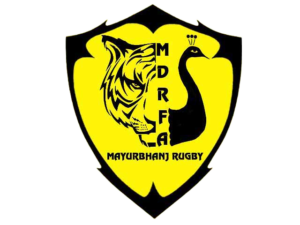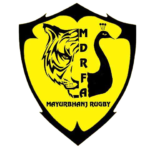Training
/Rugby Training, Education, and Preparation at the Club for Competitive Matches
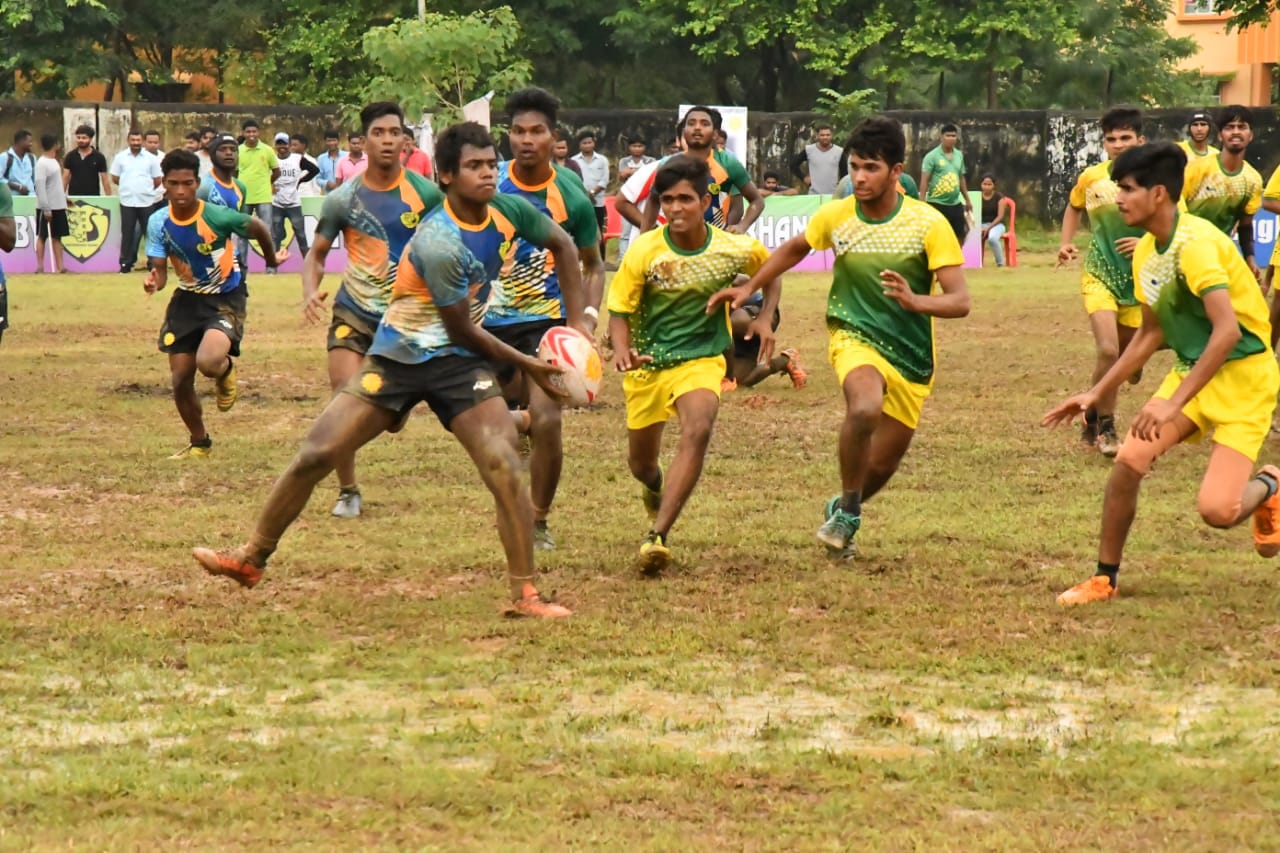
Rugby is more than just a game; it’s a test of endurance, skill, and mental resilience. To excel in competitive rugby, players must undergo rigorous training, receive proper education about the game, and prepare strategically for matches. Rugby clubs play a crucial role in molding athletes through structured training programs, fitness regimens, and mental conditioning. This article explores the key aspects of rugby training and how clubs prepare their players for competitive matches.
1. Physical Fitness and Conditioning
Rugby is an intense contact sport that requires high levels of strength, stamina, speed, and agility. Clubs follow comprehensive fitness plans to ensure players are physically ready for the challenges of a competitive match.
Training Components:
- Strength Training: Exercises like squats, deadlifts, and bench presses help players build the muscular power needed for tackles and scrums.
- Endurance Training: Running drills, interval training, and aerobic exercises build cardiovascular endurance to sustain performance throughout the match.
- Agility and Speed Work: Sprint drills and agility ladders improve reaction times and footwork, essential for quick changes of direction.
- Injury Prevention: Stretching routines, physiotherapy, and mobility exercises reduce the risk of injuries, ensuring players stay fit and healthy.
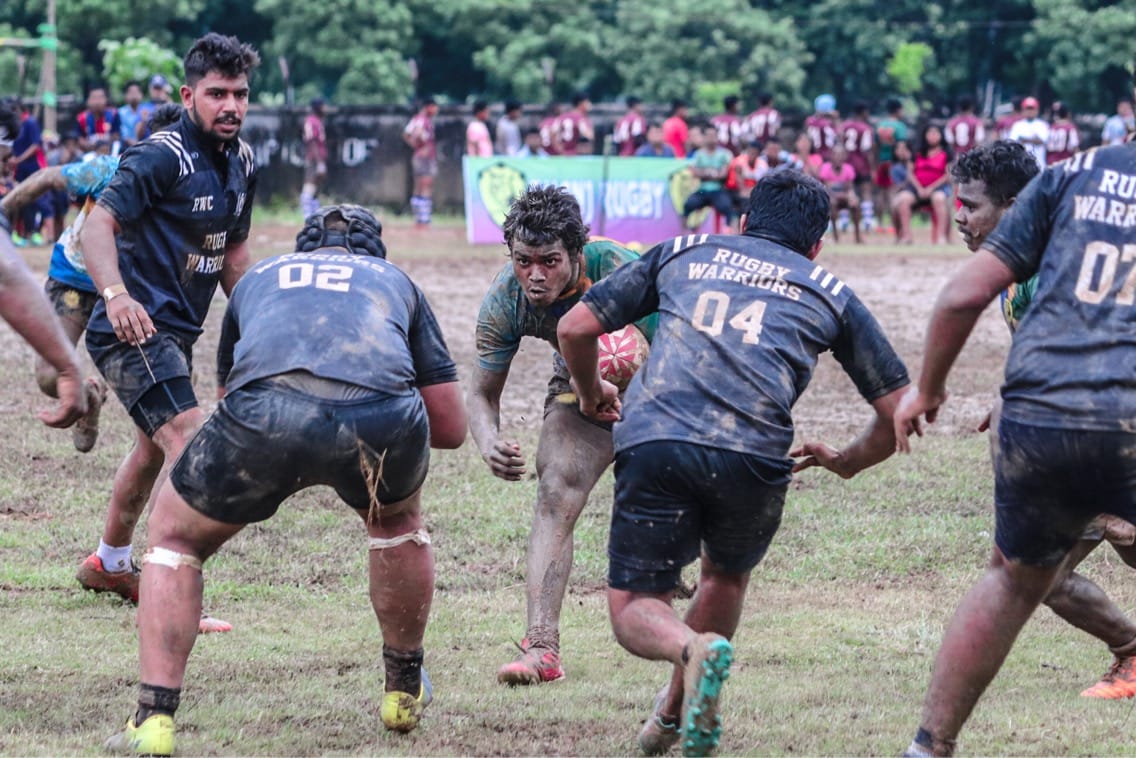
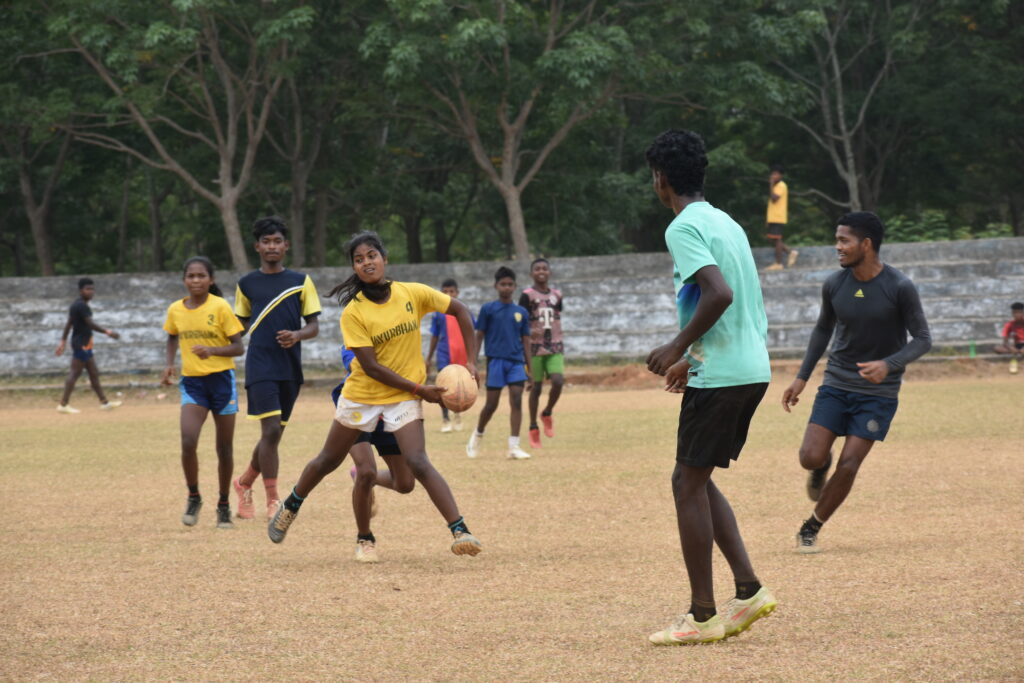
Get In Touch
Contact Us
2. Skill Development and Tactical Education
Rugby is as much about strategy and skill as it is about strength. Clubs conduct specialized training sessions focused on enhancing technical abilities and tactical understanding.
Core Skills Training:
- Passing and Catching: Players practice passing drills to improve ball-handling skills and maintain precision under pressure.
- Tackling and Defense: Regular tackling practice helps players develop safe and effective techniques to stop opponents.
- Kicking Practice: Both tactical and goal-kicking skills are honed for strategic play.
- Ruck and Maul Training: Players work on techniques to secure possession during breakdowns.
Tactical Education:
Coaches educate players on match tactics, positioning, and strategies for both offense and defense. Players are taught to analyze opponents, adapt game plans, and make split-second decisions during matches.
3. Mental Preparation and Team Building
Rugby requires mental toughness, focus, and teamwork. Clubs emphasize psychological conditioning to ensure players are mentally prepared for high-pressure situations.
Mental Training Techniques:
- Visualization: Players visualize different match scenarios to mentally prepare for game-day challenges.
- Goal Setting: Setting individual and team goals fosters motivation and accountability.
- Stress Management: Mindfulness exercises and breathing techniques help players stay calm under pressure.
Team-Building Activities:
Rugby is a team sport, and unity is essential for success. Clubs organize activities like group outings, bonding sessions, and leadership workshops to foster trust, communication, and camaraderie among teammates.
4. Nutrition and Recovery
Proper nutrition and recovery play a critical role in maintaining peak performance. Rugby clubs provide guidance on diet plans that support training and recovery.
Nutrition Guidelines:
- Pre-Match Meals: High-carb meals provide energy for matches.
- Post-Training Nutrition: Protein-rich foods aid muscle recovery and repair.
- Hydration: Players are encouraged to maintain hydration levels before, during, and after matches.
Recovery Protocols:
- Rest and Sleep: Adequate sleep is essential for physical and mental recovery.
- Ice Baths and Stretching: Clubs use ice baths, massages, and stretching sessions to reduce soreness and enhance recovery after matches.
5. Match-Day Preparation and Strategy
Preparing for competitive matches requires meticulous planning and attention to detail. Clubs follow a structured pre-match routine to ensure players are in the right frame of mind.
Pre-Match Routine:
- Warm-up Sessions: Players engage in dynamic warm-ups to activate muscles and prevent injuries.
- Game Plan Review: Coaches discuss match strategies and key areas of focus based on the opponent’s strengths and weaknesses.
- Mental Focus: Players gather for motivational talks to boost morale and focus on teamwork.
In-Match Strategies:
Players are trained to adapt their strategies based on game flow. Teams focus on maintaining possession, exploiting opponents’ weaknesses, and executing set plays effectively.
6. Post-Match Analysis and Feedback
After every match, clubs conduct detailed reviews to identify areas of improvement. Coaches analyze performance through match videos and provide individual and team feedback.
Performance Analysis:
- Video Review: Players and coaches watch footage to identify mistakes and refine strategies.
- Statistical Analysis: Metrics like tackle success, possession percentage, and territory gained are reviewed to measure performance.
- Player Feedback: Coaches provide constructive feedback to players, highlighting both strengths and areas for improvement.
Get Instant Rugby updates!
Our Office
Address: Mayurbhanj District Rugby Football Association – MDRFA
Location: At/P.O.- Bholagadia, Via: Bahanada, P.S.- Khunta, Dist: Mayurbhanj, Pin: 757104
Copyright © 2026 Mayurbhanj Rugby | Powered by MDRFA
